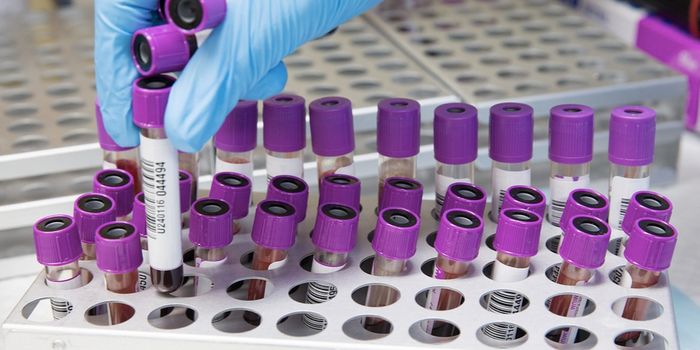Scientists Learn Why UTIs Can Cause Lasting Pain
Urinary tract infections (UTIs) arise when bacteria infects that part of the body, usually by moving through the urethra and into the bladder. While bacteria are normally excluded from the urinary system, the body's defenses can fail for a variety of reasons, and invading microbes may begin to proliferate, leading to a serious infection. Esherichia coli and other gut bacteria are often to blame. Because of anatomy, women are at higher risk for UTIs, and most women will experience at least one UTI during their lifetime.
People who have recurrent UTIs often experience persistent pain, even when the infection has been eliminated with antibiotics. A new study has revealed that this problem is probably due to an overgrowth of neurons in the bladder. The findings have been reported in Science Immunology, and they could pave the way for more effective UTI treatments that reduce the likelihood of persistent pain, and recurrent infections. Better UTI medications could also reduce the use of antibiotics.
"Urinary tract infections account for almost 25 percent of infections in women," said senior study author Soman Abraham, PhD, a professor in multiple departments at the Duke University School of Medicine. "Many are recurrent UTIs, with patients frequently complaining of chronic pelvic pain and urinary frequency, even after a round of antibiotics. Our study, for the first time, describes an underlying cause and identifies a potential new treatment strategy."
In this study, the investigators obtained bladder biopsies from patients with recurrent UTIs who experienced chronic pain even when no bacteria could be detected in their urine. These samples were compared to bladder biopsies from unaffected individuals. This work revealed that patients with persistent, UTI-related pain also carried sensory neurons that were highly active compared to unaffected people; this can explain why people can experience chronic pain and frequent urination even after a UTI has been cleared.
With a mouse model, the researchers investigated the mechanisms underlying these observations. They found unique bladder characteristics that trigger nerves in the bladder lining or epithelium, to grow during every infection.
Usually, epithelial cells that are loaded with bacteria during a UTI are lost, causing signifiant destruction to nerve tissue that is nearby, explained lead study author Byron Hayes, PhD. An immune response is then triggered in the damaged bladder, which involves the "massive regrowth of destroyed nerve cells."
Mast cells spearhead this immune reaction. These cells release molecules called nerve growth factors, which promote overgrowth and increase neuronal sensitivity. This leads to pain and a feeling of urgency to urinate.
The scientists were also able to treat these symptoms in the mouse model by reducing the release of nerve growth factors from mast cells.
"This work helps illuminate a puzzling clinical condition that drives medical costs and affects the quality of life of millions of people, primarily women," Abraham said.
While this work will have to be confirmed in more patients, it could lead to the development of much better treatments for UTIs.









